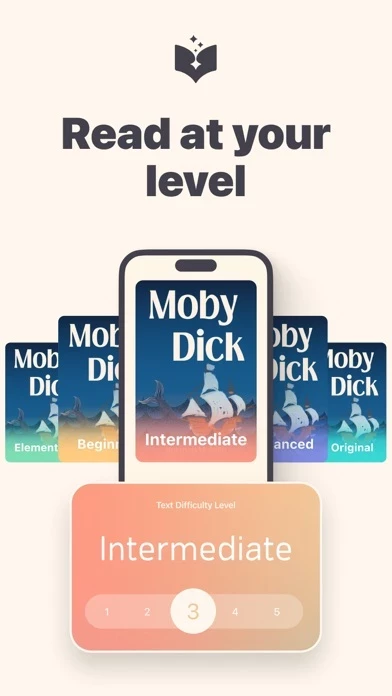Seriously, SO MANY of the posts on social media and these two reviews are based on the premise that Magibook is “dumbing down” literature. First off, READ the text in the first preview image. For folks who claim to be so “educated”, it’s very evident that you’re viewing Magibook through a reactionary lens of moral outrage that’s really just ableism masquerading as some twisted sense of undeserved “superiority”. It is very evident that this isn’t for the average person who can read the classics and learned to analyze them, it is meant for people, including educators and the intellectually disabled. This is clear from the start. This is NOT about the “idiocracy” (God help you all who use the same exact movie reference to denigrate anything that you don’t like) this is about ACCESSIBILITY. Accessibility is literally what disabled people lack on a regular basis and those who are intellectually disabled deserve opportunities to learn. Given how new this service is, this is actually a necessary use case to accommodate intellectually disabled and neurodivergent people, as well as those who suffer from functional illiteracy.
My main criticism of Magibook is in the AI implementation. But note that, at the moment that I’m writing this review, it is a free app and I’m hoping that the AI implementation can be a bit better as, currently, the syntax seems to be the main issue. There are times when subsequent sentences don’t really match in terms of context. I think that using more complex large language models for better and more appropriate diction could improve this and, given the cost and potential value, I would see this as a potentially valuable paid service. I would also suggest the author to collect expert opinions from literary scholars, disability advocates, and childhood education specialists who can confirm Magibook’s value. If such reviews already exist, I would suggest to the author that they add this information to their website and their App Store description.














